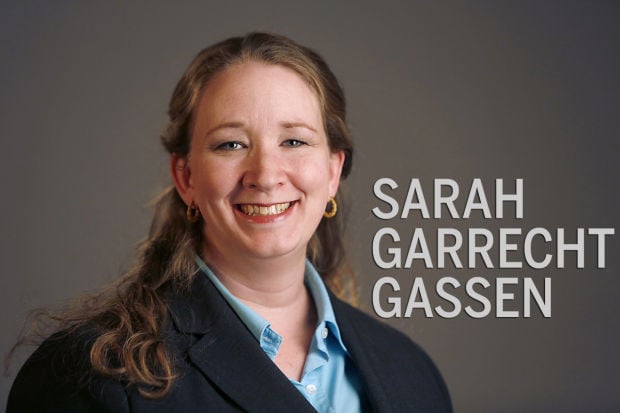The tale of the 2015 general election can be told with two ballot propositions: flood control and the Flowing Wells Unified School District.
The next time, likely today, you curse a pothole and complain that somebody should do something about the crummy roads that pock-mark Pima County, remember this: only one in four eligible voters bothered to cast a ballot Tuesday. Lots of somebodies could have done something, but they didn’t.
Maybe I shouldn’t be surprised by the across-the-board failure of the seven-part Pima County bond program. “No” is a much bigger motivator than “yes.” The government-is-evil-and-steals-my-money crowd is good at getting their people motivated. Boil down complicated community priorities to “no more taxes!” and you’re done.
Maybe the bond program was too big, too ambitious, too something-in-here-for-everyone. Maybe the supporters couldn’t imagine that anyone would vote against fixing roads, or improving parks. Who doesn’t want better roads or better parks? Maybe they took it for granted, assuming the benefits of the almost 100 projects were so obvious, and so many high-profile people and groups supported them, how could they all fail?
Relying on people to see the positive and take action, even when it’s as simple as casting a ballot, is, sadly, a political miscalculation.
The failure of Prop. 431, the $17 million program for flood control and drainage, is a prime illustration of anti-tax sentiment trumping common sense. This one seemed like a no-duh passage, because infrastructure, as in flood control and drainage projects, is one of the fundamental duties of local government. We’re talking about protecting people and property, not giving money to a non-profit organization.
Are we so selfish a community that people in danger from flooding are considered a special-interest group? Are we so selfish that unless it directly benefits us personally, we say too bad for you?
I’d like to think the answer is no, but I’m not sure.
But then there’s the “yes” vote for a budget override in the Flowing Wells Unified School District, a small community of hope in a county of disappointment.
Flowing Wells stretches from south of Miracle Mile north to Ina Road, with most of its schools near Wetmore and La Cholla. It serves roughly 6,000 students, most of who qualify for the federal free-and-reduced lunch program.
It’s a low-income area. Almost two-thirds of all homes in Flowing Wells are rentals, according to the U.S. Census. One-third of the housing structures are listed as mobile homes and nearly half of the residents spend more than 35 percent of their monthly income on housing; the median rent is $609 per month.
People in Flowing Wells don’t have a lot of money to spare, but they value each other, and the opportunity learning brings. Many don’t have kids in school, yet education is a demonstrable priority. Neighbors volunteer in schools, and they decide to pay higher property taxes than required so their students have small classes, arts, physical education, music, all-day kindergarten and K-12 after-school sports.
Flowing Wells folks have long supported paying more to help their schools. The owner of a home with a limited value of $93,262 (the average value of a home in the district) will pay approximately $127.75 more per year in property taxes than they would have if the override had failed. Don’t forget, property taxes are folded into rent payments. This wasn’t renters voting to tax someone else. Everyone pays their share.
Flowing Wells voters approved a $2.5 million budget override by 56-to-43 percent.
In an election where “no” triumphed, Flowing Wells voters said “yes” to helping each other.
They should be proud.





